Find Help
More Items From Ergsy search
-
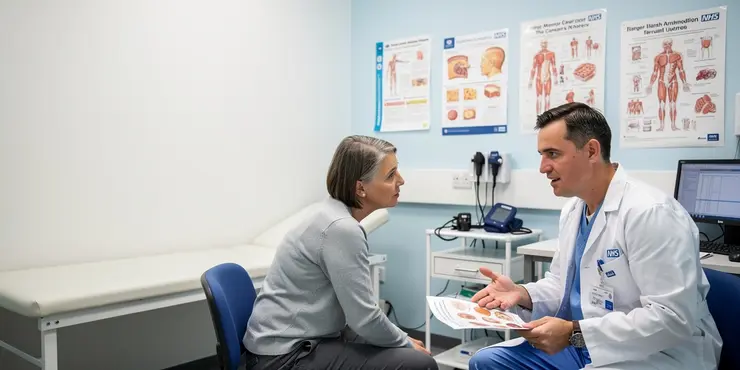
Skin cancer education
Relevance: 100%
-
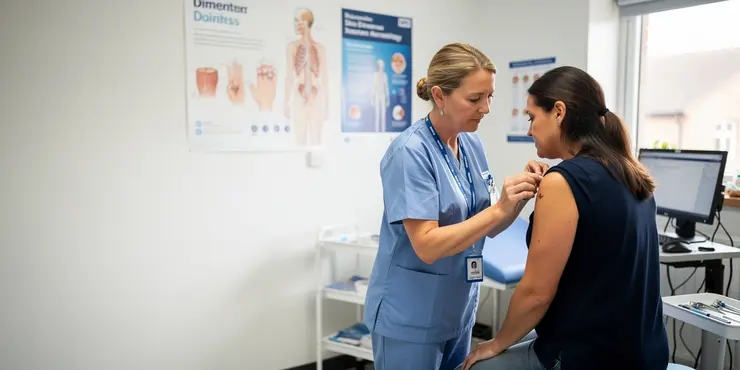
Skin Cancer - How do I check if my mole is skin cancer? | NHS
Relevance: 70%
-
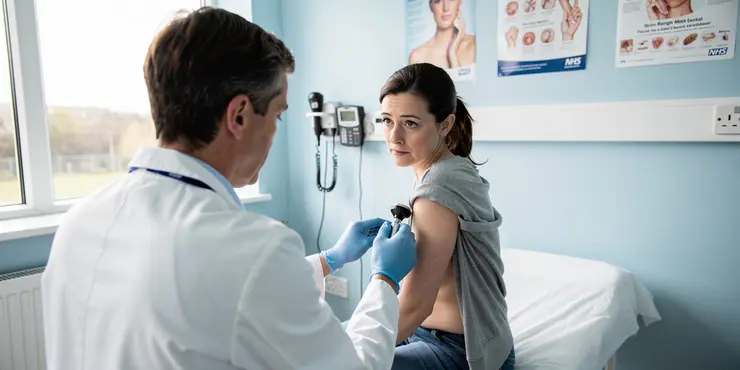
What is a skin cancer screening?
Relevance: 69%
-
Do sunbeds help improve skin tone and texture?
Relevance: 44%
-
Is pre-tanning in a sunbed a good way to prepare my skin for sun exposure?
Relevance: 43%
-
Do sunbeds offer any anti-aging benefits for the skin?
Relevance: 42%
-
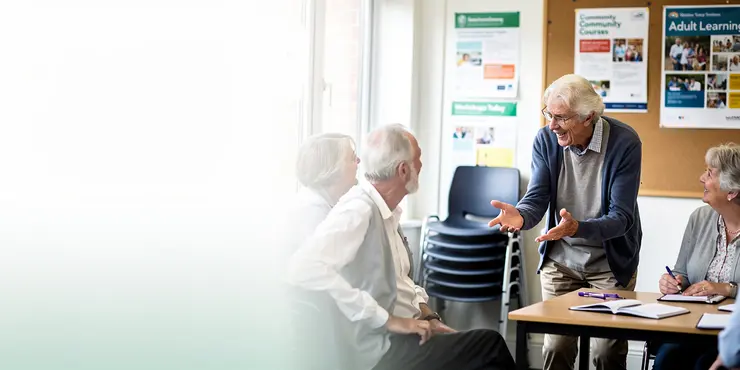
Are there educational opportunities for seniors?
Relevance: 40%
-
Is it true that sunbeds can help treat skin conditions like psoriasis?
Relevance: 39%
-
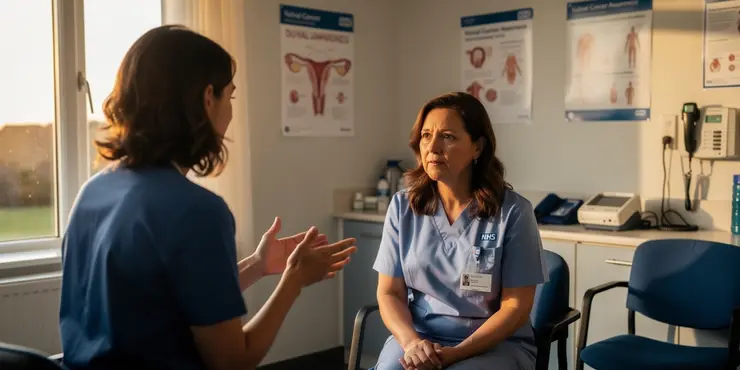
Vulval Cancer
Relevance: 38%
-
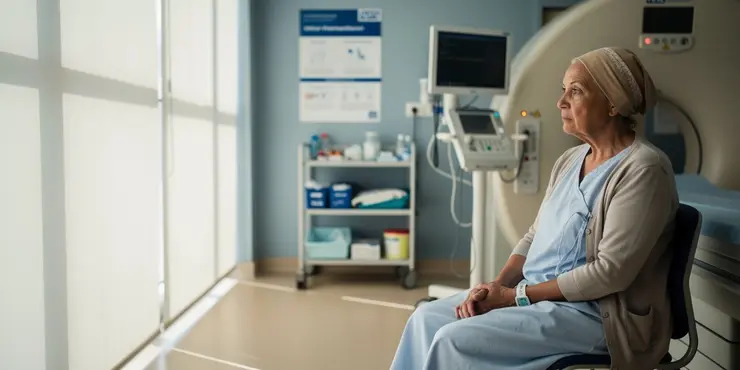
Having radiotherapy for breast cancer - 3 Videos
Relevance: 38%
-

Are skin lightening kist safe to use?
Relevance: 38%
-

Are there educational components to the school meal program?
Relevance: 36%
-
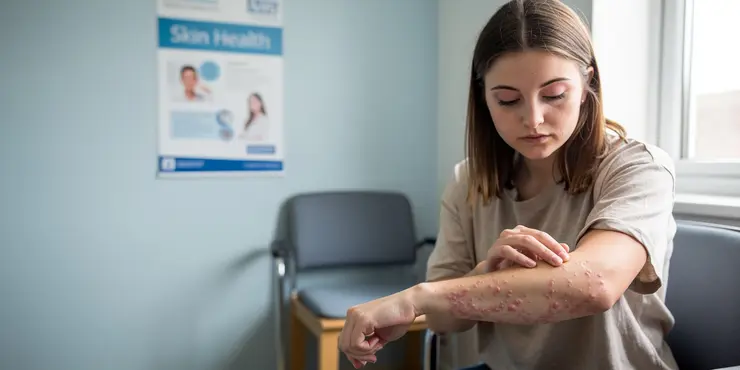
Hives - Skin Condition
Relevance: 36%
-
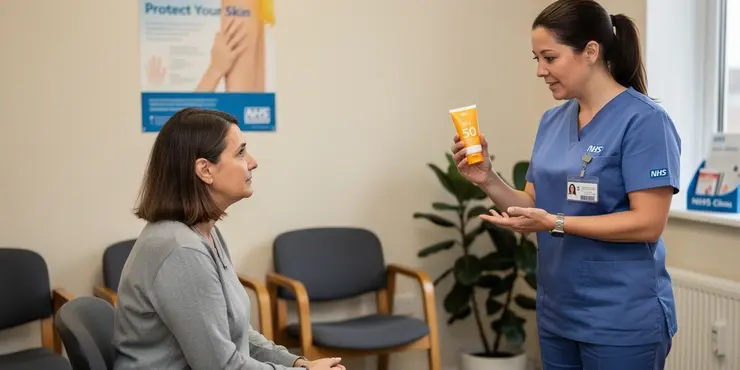
What SPF should I use if I have sensitive skin?
Relevance: 35%
-

Are there financial aids available for further education?
Relevance: 34%
-
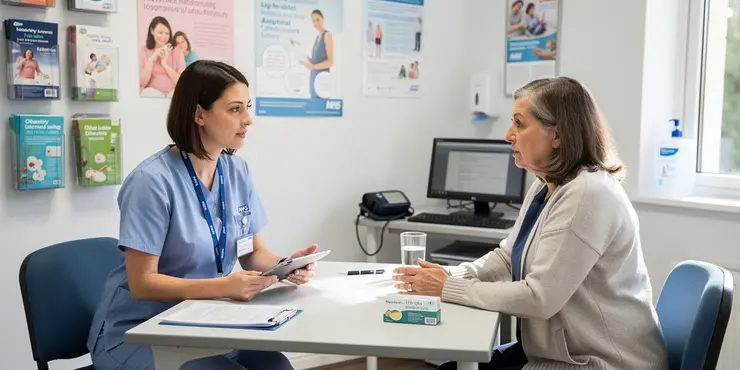
Are skin rashes a side effect of weight loss drugs?
Relevance: 34%
-
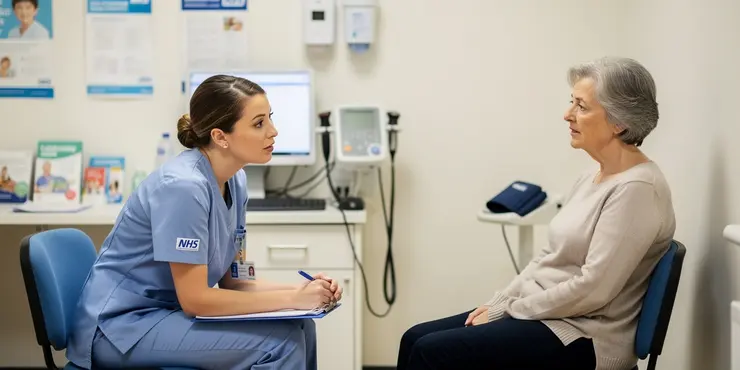
Bowel Cancer
Relevance: 34%
-
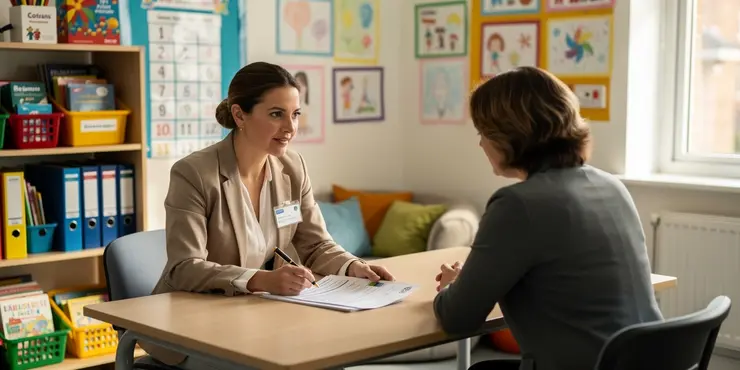
What is an Education, Health and Care Plan (EHCP)?
Relevance: 34%
-
What is testicular cancer?
Relevance: 34%
-
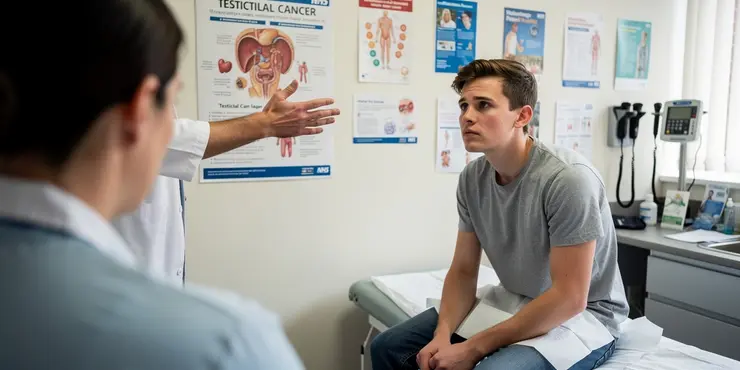
What is testicular cancer?
Relevance: 33%
-
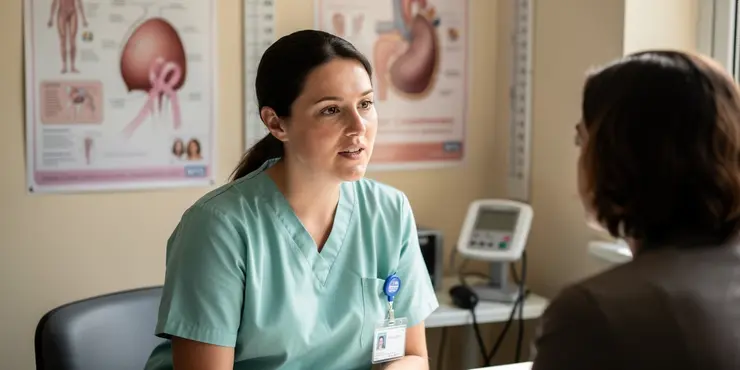
About Breast cancer - signs and symptoms | NHS
Relevance: 33%
-
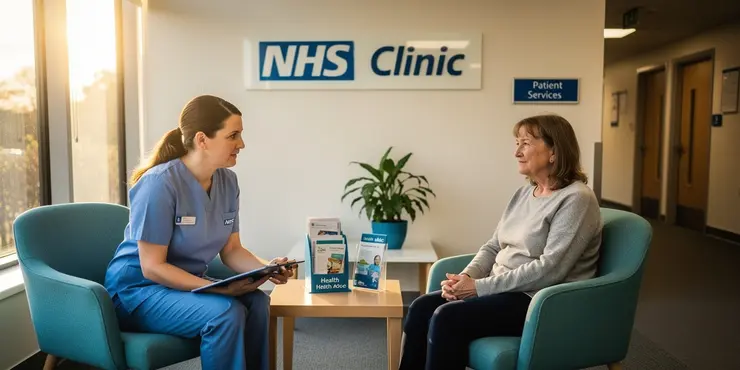
What is Cancer?
Relevance: 33%
-
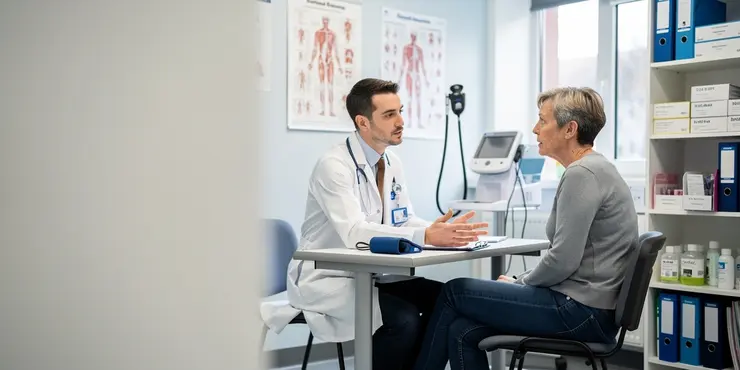
What is Pancreatic Cancer?
Relevance: 33%
-
How can community helpers access educational resources?
Relevance: 33%
-
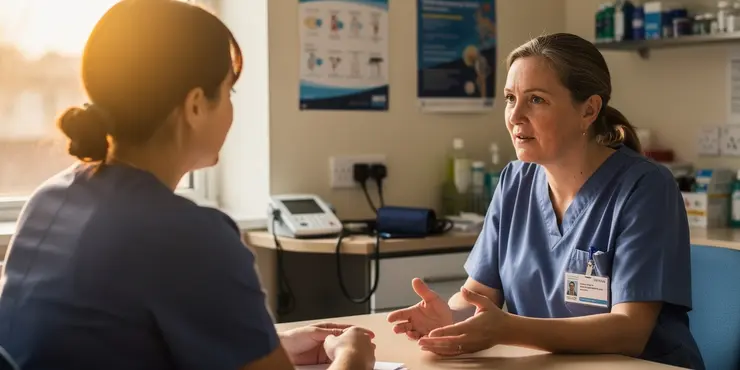
What are the side effects of bowel cancer treatment?
Relevance: 33%
-
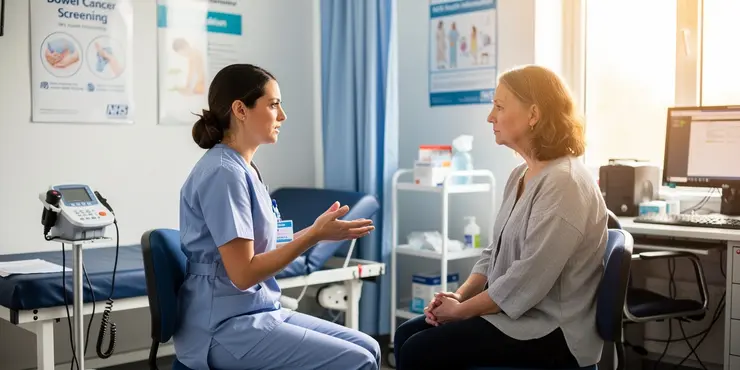
What kinds of cancer screening are available?
Relevance: 33%
-
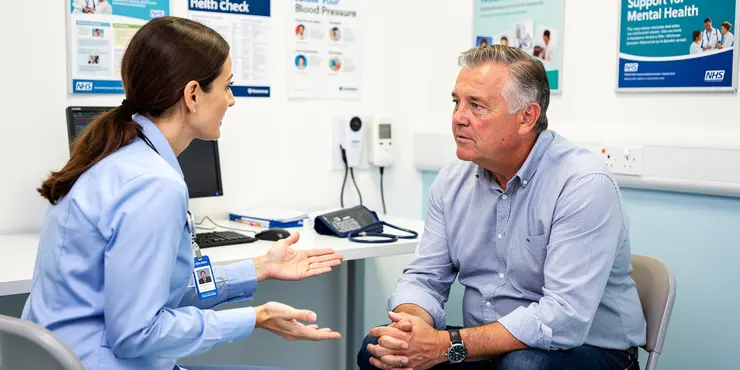
Living with prostate cancer
Relevance: 33%
-
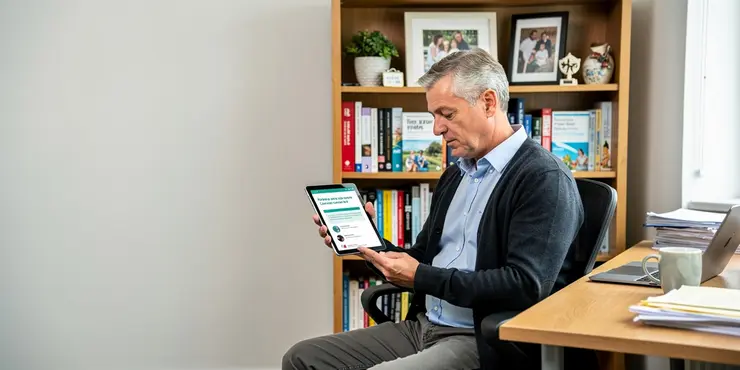
Is there an NHS app for managing prostate cancer care?
Relevance: 32%
-
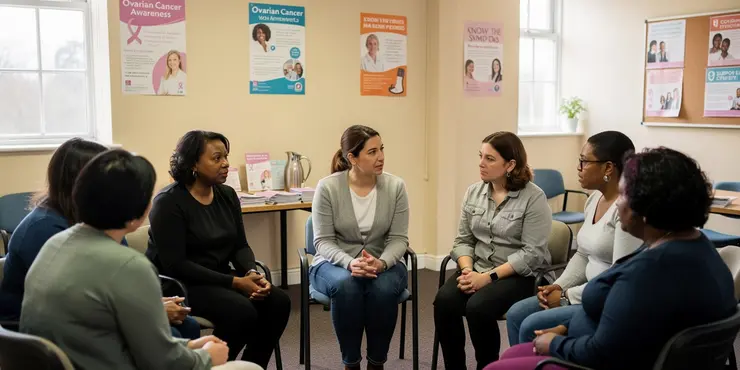
Raising awareness of ovarian cancer
Relevance: 32%
-
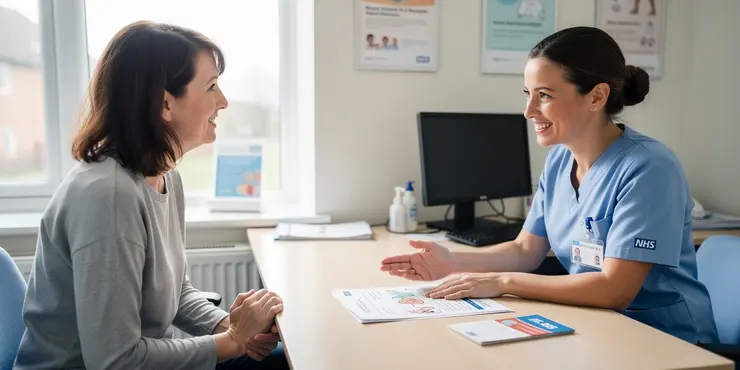
What support is available for individuals diagnosed with bowel cancer?
Relevance: 32%
-
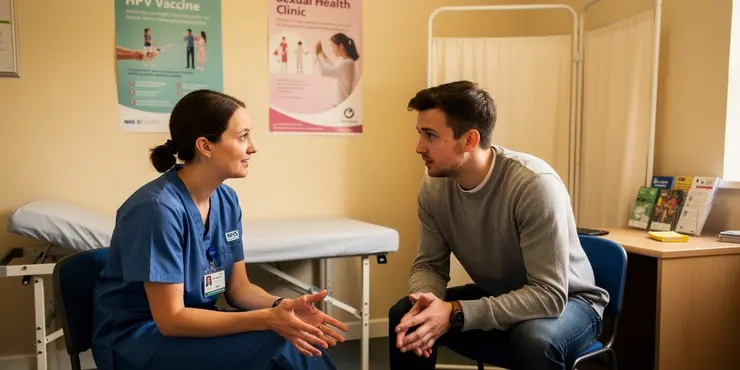
Can HPV lead to cancer?
Relevance: 32%
-
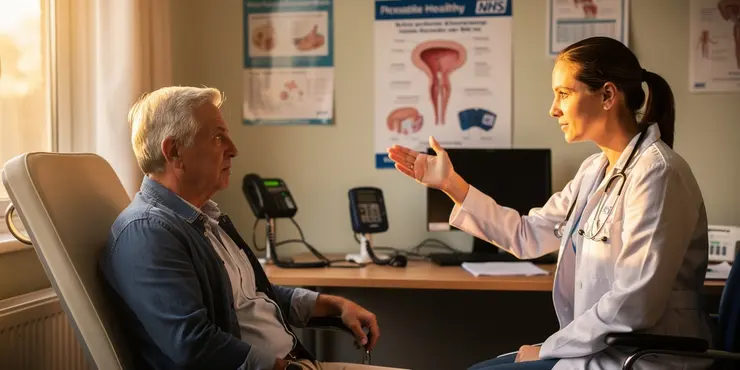
What is Prostate Cancer?
Relevance: 32%
-
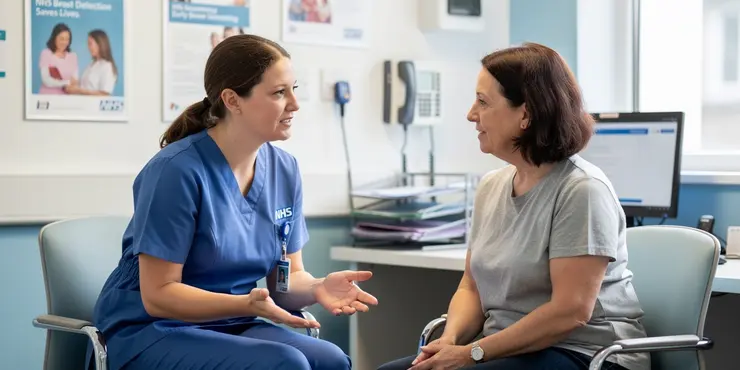
Breast cancer: testing and treatment | NHS
Relevance: 32%
-

What initiatives are being taken to educate youth about the risks of vaping?
Relevance: 32%
-
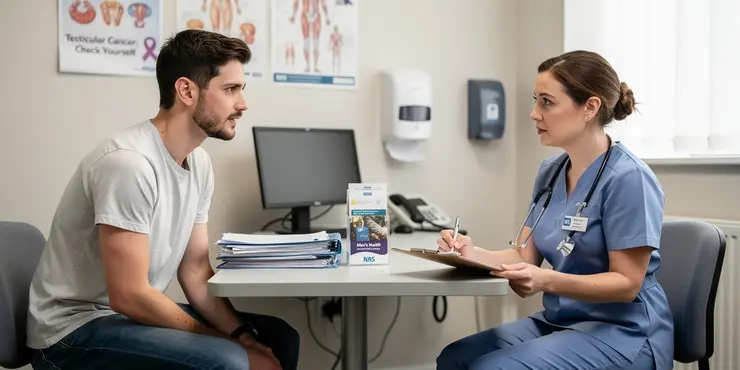
How common is testicular cancer?
Relevance: 32%
-
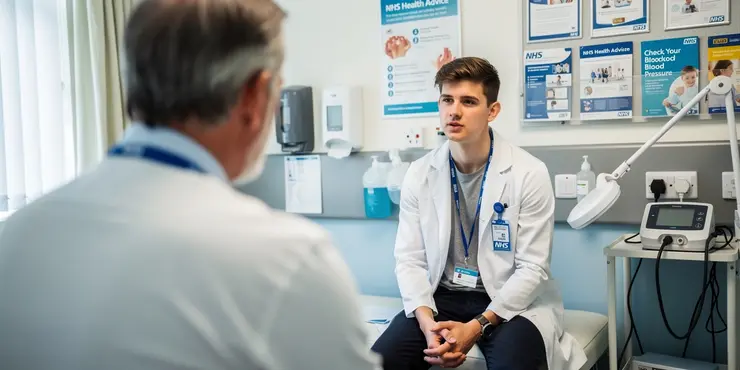
What is testicular cancer?
Relevance: 32%
-
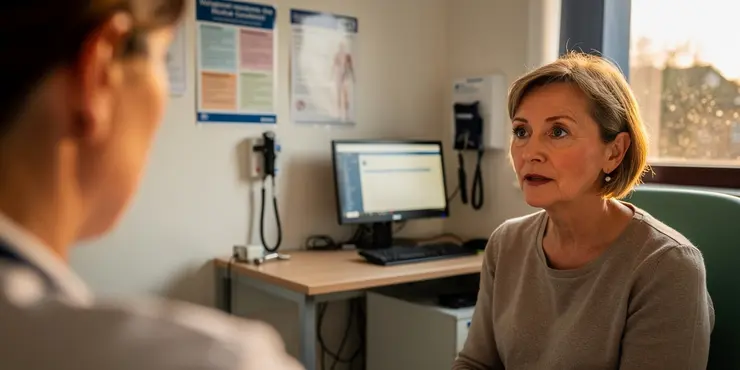
Vaginal Cancer
Relevance: 31%
-
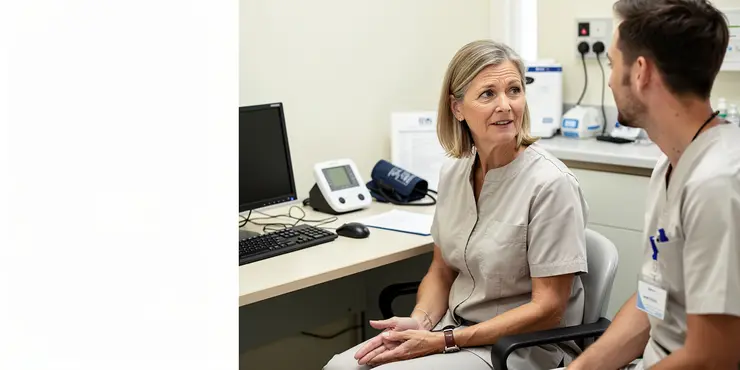
Ovarian Cancer
Relevance: 31%
-
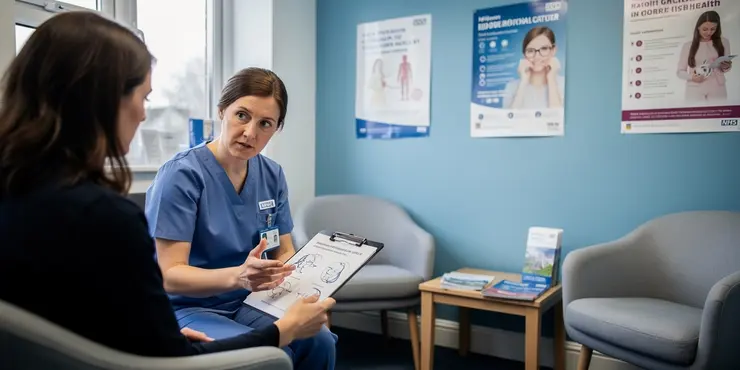
Endometrial Cancer
Relevance: 31%
-
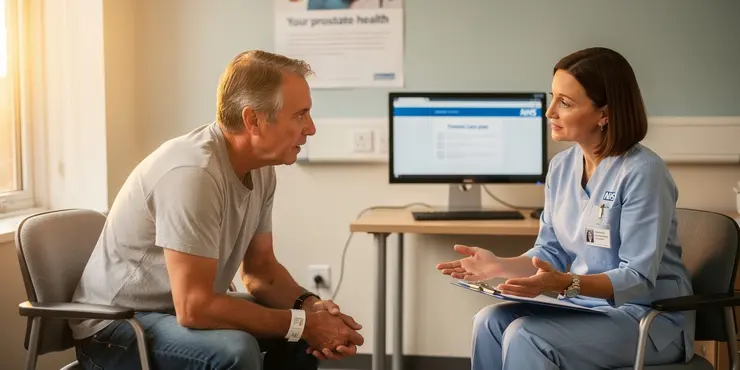
Treating prostate cancer
Relevance: 31%
About the different types of skin cancer
Skin cancer is the most common type of cancer globally and occurs when abnormal cells grow uncontrollably in the skin. There are three main types of skin cancer: basal cell carcinoma (BCC), squamous cell carcinoma (SCC), and melanoma. Here's some important information about skin cancer:
- Basal Cell Carcinoma (BCC): BCC is the most common type of skin cancer. It typically develops on areas of the skin that are exposed to the sun, such as the face, neck, and arms. BCC usually grows slowly and is unlikely to spread to other parts of the body, but it can cause disfigurement if left untreated.
- Squamous Cell Carcinoma (SCC): SCC is the second most common type of skin cancer. It also tends to develop on sun-exposed areas of the skin and can grow quickly. While SCC is less likely than melanoma to spread to other parts of the body, it can still be aggressive if left untreated.
- Melanoma: Melanoma is less common than BCC and SCC but is more likely to be fatal if not detected and treated early. Melanoma develops in the melanocytes, which are the cells that produce melanin, the pigment that gives skin its color. Melanoma can occur anywhere on the body and can spread rapidly to other parts of the body if not treated promptly.
- Risk Factors: The primary risk factor for skin cancer is exposure to ultraviolet (UV) radiation from the sun or tanning beds. Other risk factors include having fair skin, a history of sunburns, a weakened immune system, a family history of skin cancer, and having many moles or atypical moles.
- Prevention: Protecting your skin from UV radiation is the best way to prevent skin cancer. This includes wearing sunscreen with a high SPF, seeking shade during peak sun hours, wearing protective clothing (such as hats and long sleeves), and avoiding tanning beds. Regular skin self-exams and annual skin checks by a dermatologist can also help detect skin cancer early when it's most treatable.
- Diagnosis and Treatment: Skin cancer is typically diagnosed through a skin biopsy, where a sample of skin tissue is removed and examined under a microscope. Treatment options depend on the type and stage of skin cancer but may include surgery, radiation therapy, chemotherapy, immunotherapy, and targeted therapy.
- Prognosis: The prognosis for skin cancer depends on various factors, including the type and stage of cancer, the person's overall health, and how early the cancer is detected. Most cases of BCC and SCC can be cured if detected and treated early, while melanoma can be more aggressive and may require more intensive treatment.
It's essential to be aware of the signs of skin cancer, such as changes in the size, shape, or color of moles or skin lesions, and to see a healthcare provider promptly if you notice any concerning changes on your skin. Early detection and treatment can significantly improve outcomes for skin cancer patients.
Understanding Skin Cancer
What is Skin Cancer?
Skin cancer is a form of cancer that begins in the cells of the skin. It primarily results from uncontrolled growth of abnormal skin cells and can occur due to genetic mutations or damage caused by ultraviolet (UV) radiation. The three main types of skin cancer include Basal Cell Carcinoma (BCC), Squamous Cell Carcinoma (SCC), and Melanoma, with Melanoma being the most aggressive form.
Risk Factors in the United Kingdom
In the UK, factors increasing the risk of skin cancer include fair skin, a history of sunburns, excessive sun exposure, and using tanning beds. Individuals with a family history of skin cancer or those who have numerous moles are also at a heightened risk. The country's temperate climate often gives a false sense of security regarding UV exposure, leading to overlooked precautions.
Preventative Measures
Preventing skin cancer involves minimizing UV exposure by adopting protective measures. Regularly using high SPF sunscreen, wearing protective clothing, seeking shade during peak sun hours (11 am to 3 pm), and avoiding artificial tanning can significantly reduce risks. Conducting self-examinations and being mindful of any changes in moles or skin lesions are also crucial for early detection.
Early Detection
Early detection of skin cancer greatly increases the chances of successful treatment. It's important to regularly check for new or changing moles and lesions. The ABCDE rule can be helpful for identifying suspicious moles: Asymmetry, Border irregularity, Colour variation, Diameter over 6mm, and Evolving shape or size. If you notice anything unusual, consult a healthcare professional promptly.
Treatment Options
Treatment for skin cancer depends on the type, size, and stage of the cancer. Options may include surgical removal, radiation therapy, cryotherapy, and topical treatments for less severe cases. Advanced Melanoma may require targeted therapy or immunotherapy. It is essential to follow the guidance and recommendations from healthcare providers for the best outcomes.
Conclusion
Skin cancer is a serious condition that requires proactive measures for prevention, early detection, and treatment. By understanding the risks, taking protective actions, and seeking timely medical advice, the incidence and impact of skin cancer can be significantly reduced in the UK.
About the different types of skin cancer
Skin cancer is the most common cancer in the world. It happens when cells in the skin grow in a way they shouldn't. There are three main types of skin cancer: basal cell carcinoma (BCC), squamous cell carcinoma (SCC), and melanoma. Here is some important information about skin cancer:
- Basal Cell Carcinoma (BCC): BCC is the most common type of skin cancer. It usually appears on parts of the skin that get a lot of sun, like the face, neck, and arms. BCC grows slowly and usually does not spread to other parts of the body. But if it's not treated, it can change how your skin looks.
- Squamous Cell Carcinoma (SCC): SCC is the second most common type of skin cancer. It also shows up on sun-exposed skin and can grow quickly. SCC might not spread as much as melanoma, but it can be serious if not treated.
- Melanoma: Melanoma is not as common as BCC and SCC, but it is more dangerous. If not found early, melanoma can spread fast and be life-threatening. Melanoma starts in the cells that give skin its color. It can appear anywhere on the body.
- Risk Factors: The main risk for skin cancer is being in the sun too much or using tanning beds. Other risks include having light skin, getting sunburns, having a weak immune system, family history of skin cancer, and having many moles.
- Prevention: To prevent skin cancer, keep your skin safe from the sun. Use sunscreen, stay in the shade during hot hours, wear hats and long sleeves, and do not use tanning beds. Check your skin regularly and see a skin doctor every year.
- Diagnosis and Treatment: Skin cancer is found by taking a small piece of skin to look at it closely. Treatment depends on the type and how much cancer has spread. It may include surgery, radiation, or special medicines.
- Prognosis: The outcome of skin cancer depends on the type, when it was found, and overall health. Most BCC and SCC cancers can be cured if found early. Melanoma can be more serious and may need more treatment.
It's important to know the signs of skin cancer. Watch for changes in the size, shape, or color of moles or spots on your skin. See a doctor if you notice anything different. Finding and treating skin cancer early can help a lot.
Understanding Skin Cancer
What is Skin Cancer?
Skin cancer is when bad cells grow in the skin. It often happens from too much sun or changes in your body. There are three main kinds: Basal Cell Carcinoma (BCC), Squamous Cell Carcinoma (SCC), and Melanoma. Melanoma is the most dangerous kind.
Risk Factors in the United Kingdom
In the UK, you are more likely to get skin cancer if you have light skin, get sunburnt, spend too much time in the sun, or use tanning beds. Family history of skin cancer and having many moles also increase your risk. Even though it is not always sunny, UV rays can still hurt your skin.
Preventative Measures
You can help stop skin cancer by staying safe in the sun. Put on sunscreen with high SPF, wear clothes that cover your skin, and stay in the shade between 11 am and 3 pm. Do not use tanning beds. Check your skin often for changes in moles or spots.
Early Detection
Finding skin cancer early makes it easier to treat. Look for new or changing moles. Use the ABCDE rule to check: Asymmetry (both halves look different), Border (edges are not even), Colour (many colors), Diameter (bigger than 6mm), and Evolving (changes over time). If you see anything strange, go to the doctor.
Treatment Options
Treatment depends on the type and size of the cancer. It could include surgery, radiation, freezing the cancer, or creams for small cancers. Advanced Melanoma might need special medicines. Always listen to your doctor's advice to get better.
Conclusion
Skin cancer is serious. You can help prevent it by being careful in the sun and checking your skin often. See a doctor if something looks different. This can lower skin cancer cases in the UK.
Frequently Asked Questions
What are the main types of skin cancer?
The main types of skin cancer are basal cell carcinoma (BCC), squamous cell carcinoma (SCC), and melanoma.
How can I tell if I have skin cancer?
Signs of skin cancer include new growths, sores that don't heal, changes in existing moles, or lesions that itch, bleed, or change in colour or size.
What causes skin cancer?
The primary cause of skin cancer is exposure to ultraviolet (UV) radiation from the sun or tanning beds. Other factors include a history of sunburns, fair skin, and a family history of skin cancer.
Who is at risk for skin cancer?
Anyone can get skin cancer, but the risk is higher for individuals with fair skin, light hair, and blue or green eyes. Additional risks include a history of sunburns, excessive sun exposure, family history of skin cancer, and older age.
How can I protect myself from skin cancer?
To protect yourself, use sunscreen with SPF 30 or higher, wear protective clothing, seek shade, avoid tanning beds, and perform regular skin self-exams.
What should I do if I find a suspicious skin lesion?
If you find a suspicious lesion, see your GP immediately. Early detection is crucial for effective treatment.
How is skin cancer diagnosed?
Skin cancer is diagnosed through a skin examination and a biopsy, where a sample of the suspicious tissue is analysed for cancerous cells.
What are the treatment options for skin cancer?
Treatment options depend on the type and stage of skin cancer and may include surgical removal, radiation therapy, chemotherapy, immunotherapy, or targeted therapy.
Can skin cancer be cured?
Many cases of skin cancer can be cured if they are detected and treated early. The prognosis depends on the type of skin cancer and stage at diagnosis.
How often should I check my skin for signs of cancer?
It's recommended to perform a self-exam once a month and have a professional skin examination at least once a year, or more frequently if you're at higher risk.
What is the ABCDE rule for detecting melanoma?
The ABCDE rule stands for Asymmetry, Border irregularity, Colour variation, Diameter over 6mm, and Evolving in shape, size, or colour.
Is it possible to prevent skin cancer entirely?
While it’s not possible to prevent all cases of skin cancer, reducing UV exposure and practising protective measures can significantly lower your risk.
What should I look for in a sunscreen?
Choose a broad-spectrum sunscreen with an SPF of 30 or higher, and make sure it is water-resistant. Reapply every two hours, or more often if swimming or sweating.
Can children get skin cancer?
Yes, children can get skin cancer, though it is rare. It's essential to protect children from excessive sun exposure and apply sunscreen regularly.
What is the role of UV index in skin cancer prevention?
The UV index measures the strength of UV radiation from the sun. A higher UV index indicates a greater risk of skin damage, so it is important to take extra precautions on days with high UV index readings.
What are the main kinds of skin cancer?
There are 3 main kinds of skin cancer. These are:
- Basal cell carcinoma (BCC) – This is the most common type.
- Squamous cell carcinoma (SCC) – This is less common than BCC.
- Melanoma – This is the most serious kind.
Each type looks different on your skin. If you see any new spots or changes on your skin, tell a grown-up or see a doctor.
Tip: Using picture books and videos can help you learn more about skin cancer.
The main types of skin cancer are:
- Basal cell carcinoma (BCC)
- Squamous cell carcinoma (SCC)
- Melanoma
These are big words. It’s okay to ask an adult to help you understand them. You can also use a dictionary to look up these words.
How do I know if I have skin cancer?
Some signs of skin cancer are:
- New bumps on your skin.
- Wounds that won't get better.
- Moles that look different.
- Patches of skin that itch or bleed.
- Spots that change color or grow bigger.
Tools that might help:
- Use a magnifying glass to look closer at your skin.
- Ask someone to help you check your back and other hard-to-see areas.
What makes you get skin cancer?
Skin cancer is when bad cells grow in your skin. These are the things that can make it happen:
- Being in the sun too much without protection, like sunscreen or clothing.
- Using tanning beds or sunlamps.
- Having light skin, hair, or eyes, which can burn easily.
- Having a lot of moles or spots on your skin.
- If family members had skin cancer, you might have it too.
To help understand more, you can:
- Ask a doctor or nurse if you have questions.
- Use apps or websites that explain things with pictures.
- Watch videos for better understanding.
Skin cancer mostly happens because of the sun. The sun has something called UV rays that can hurt your skin. Tanning beds have UV rays too, and they are not safe.
If you get sunburns a lot or have light skin, you might have a higher chance of getting skin cancer. Also, if someone in your family had skin cancer, you might have a higher chance of getting it too.
It's good to use sunscreen, wear hats, and stay in the shade to help protect your skin. You can also get special clothing that has sun protection. Talking to a doctor can help you learn more about keeping your skin safe.
Who can get skin cancer?
Some people are more likely to get skin cancer than others. Here are some things that can increase the chance:
- Fair skin that burns easily
- Lots of time in the sun without sunscreen
- Many moles or freckles
- Using tanning beds
- Family history of skin cancer
- Older age
If you have any of these, it’s a good idea to check your skin often. You can use a mirror or ask someone to help. If you see anything new or different, tell a doctor.
Anyone can get skin cancer. But some people have a higher chance. People with light skin, light hair, and blue or green eyes are more at risk. Other risks are if you had sunburns before, spend a lot of time in the sun, have family members with skin cancer, or if you are older.
How can I keep my skin safe from cancer?
To keep your skin safe, do these things:
- Use sunscreen that is SPF 30 or more.
- Wear clothes that cover your skin.
- Stay in the shade when you can.
- Don't use tanning beds.
- Check your skin often to see if there are any changes.
What should I do if I find a strange spot on my skin?
If you see a spot on your skin that looks different from the rest, here's what you can do:
- Tell a grown-up you trust, like a parent or teacher.
- Take a picture of the spot. This will help you see if it changes over time.
- Use a magnifying glass to look at the spot more closely, but be careful!
- It's good to visit a doctor, who can tell you more about the spot.
- If the spot changes or hurts, make sure to tell someone right away.
Remember, you don't have to figure it out by yourself. It's okay to ask for help!
If you find something funny on your skin, tell your doctor right away. Finding it early helps you get better treatment.
How do doctors find out if you have skin cancer?
Doctors check for skin cancer by looking at your skin. They also take a small piece of the skin and test it to see if it has cancer cells.
How can doctors help with skin cancer?
Doctors can help you if you have skin cancer. Here are some ways:
- Surgery: Doctors can cut out the bad skin.
- Radiation: They can use powerful rays to kill the cancer cells.
- Chemotherapy: This is special medicine to stop cancer.
- Immunotherapy: This helps your body fight the cancer.
- Targeted Therapy: Medicine that looks for special parts of cancer cells.
It's important to talk to your doctor about what is best for you.
Family and friends can help you too. They can give you support and come with you to see the doctor.
How doctors help depends on the kind of skin cancer and how bad it is. They might cut it out with surgery. They might use strong rays called radiation. Sometimes, special medicines called chemotherapy are used. Doctors might also use medicine to help your body's own defenses, called immunotherapy. Another option is using medicines that go for the cancer cells only, called targeted therapy.
Can skin cancer be cured?
Can doctors make skin cancer go away?
Skin cancer is a sickness in your skin. Doctors can help make it better. If you see a doctor early, they have more ways to help. They can use treatments like medicine or surgery to try and make the skin cancer go away.
If you want to understand more, ask your doctor. They can explain what happens and how to stay healthy. You can also ask someone you trust to help you understand more.
We can make most skin cancers better if we find and treat them early. How well you do depends on the kind of skin cancer and how early we find it.
How often should I look at my skin to check for signs of cancer?
Check your skin every month. Look for any changes, like new spots, bumps, or colors. Use a mirror to see places that are hard to reach.
You can ask someone to help you check. You can also use a flashlight to see better.
If you see anything unusual, tell an adult or a doctor right away.
Check your skin by yourself once a month. Ask a doctor to check your skin once a year or more if you need it.
How can the ABCDE rule help find melanoma?
The ABCDE rule helps check moles on your skin:
A for Asymmetry: One half of the mole looks different from the other half.
B for Border: The edges of the mole are not smooth.
C for Colour: The mole has different colours in it.
D for Diameter: The mole is bigger than 6mm, about the size of a pencil eraser.
E for Evolving: The mole is changing in shape, size, or colour.
It's good to look at your skin often. If you notice these signs, tell an adult or a doctor. They can help check it. You can use a ruler or a flashlight to help you look.
Can we stop skin cancer for good?
It can be hard to stop skin cancer completely. But, there are things you can do to lower the risk:
- Wear sunscreen when you go outside.
- Put on a hat and sunglasses to cover your head and eyes.
- Stay in the shade when the sun is very strong.
- Check your skin often and tell a grown-up if you see any changes.
Remember, talking to a doctor can help too!
We can’t stop all skin cancer. But staying safe in the sun can help keep you safe. Here are some tips:
What is important in a sunscreen?
Pick a sunscreen that protects against all types of sun rays. It should have an SPF of 30 or more. Make sure it stays on if you get wet. Put on more sunscreen every two hours. Do it more often if you swim or sweat!
Can kids get skin cancer?
Yes, kids can get skin cancer, but it is not very common. Skin cancer happens when bad cells grow in the skin. Too much sun can sometimes cause skin cancer. It's important to use sunscreen, wear hats, and stay in the shade to protect your skin from the sun.
Here are some tips to help:
- Use sunscreen with your parents' help. Look for SPF 30 or more.
- Wear a hat and sunglasses when it's sunny.
- Play in the shade when the sun is very strong.
Yes, kids can get skin cancer, but it doesn't happen often. It's very important to keep children safe from too much sun. Make sure to put sunscreen on their skin a lot.
How does the UV index help stop skin cancer?
The UV index tells us how strong the sun's rays are. If the UV index is high, the sun can hurt your skin. It's important to be careful on days when the UV index is high.
Useful Links
This website offers general information and is not a substitute for professional advice.
Always seek guidance from qualified professionals.
If you have any medical concerns or need urgent help, contact a healthcare professional or emergency services immediately.
Some of this content was generated with AI assistance. We’ve done our best to keep it accurate, helpful, and human-friendly.
- Ergsy carfully checks the information in the videos we provide here.
- Videos shown by Youtube after a video has completed, have NOT been reviewed by ERGSY.
- To view, click the arrow in centre of video.
- Most of the videos you find here will have subtitles and/or closed captions available.
- You may need to turn these on, and choose your preferred language.
- Go to the video you'd like to watch.
- If closed captions (CC) are available, settings will be visible on the bottom right of the video player.
- To turn on Captions, click settings .
- To turn off Captions, click settings again.
More Items From Ergsy search
-

Skin cancer education
Relevance: 100%
-

Skin Cancer - How do I check if my mole is skin cancer? | NHS
Relevance: 70%
-

What is a skin cancer screening?
Relevance: 69%
-
Do sunbeds help improve skin tone and texture?
Relevance: 44%
-
Is pre-tanning in a sunbed a good way to prepare my skin for sun exposure?
Relevance: 43%
-
Do sunbeds offer any anti-aging benefits for the skin?
Relevance: 42%
-

Are there educational opportunities for seniors?
Relevance: 40%
-
Is it true that sunbeds can help treat skin conditions like psoriasis?
Relevance: 39%
-

Vulval Cancer
Relevance: 38%
-

Having radiotherapy for breast cancer - 3 Videos
Relevance: 38%
-

Are skin lightening kist safe to use?
Relevance: 38%
-

Are there educational components to the school meal program?
Relevance: 36%
-

Hives - Skin Condition
Relevance: 36%
-

What SPF should I use if I have sensitive skin?
Relevance: 35%
-

Are there financial aids available for further education?
Relevance: 34%
-

Are skin rashes a side effect of weight loss drugs?
Relevance: 34%
-

Bowel Cancer
Relevance: 34%
-

What is an Education, Health and Care Plan (EHCP)?
Relevance: 34%
-
What is testicular cancer?
Relevance: 34%
-

What is testicular cancer?
Relevance: 33%
-

About Breast cancer - signs and symptoms | NHS
Relevance: 33%
-

What is Cancer?
Relevance: 33%
-

What is Pancreatic Cancer?
Relevance: 33%
-
How can community helpers access educational resources?
Relevance: 33%
-

What are the side effects of bowel cancer treatment?
Relevance: 33%
-

What kinds of cancer screening are available?
Relevance: 33%
-

Living with prostate cancer
Relevance: 33%
-

Is there an NHS app for managing prostate cancer care?
Relevance: 32%
-

Raising awareness of ovarian cancer
Relevance: 32%
-

What support is available for individuals diagnosed with bowel cancer?
Relevance: 32%
-

Can HPV lead to cancer?
Relevance: 32%
-

What is Prostate Cancer?
Relevance: 32%
-

Breast cancer: testing and treatment | NHS
Relevance: 32%
-

What initiatives are being taken to educate youth about the risks of vaping?
Relevance: 32%
-

How common is testicular cancer?
Relevance: 32%
-

What is testicular cancer?
Relevance: 32%
-

Vaginal Cancer
Relevance: 31%
-

Ovarian Cancer
Relevance: 31%
-

Endometrial Cancer
Relevance: 31%
-

Treating prostate cancer
Relevance: 31%


